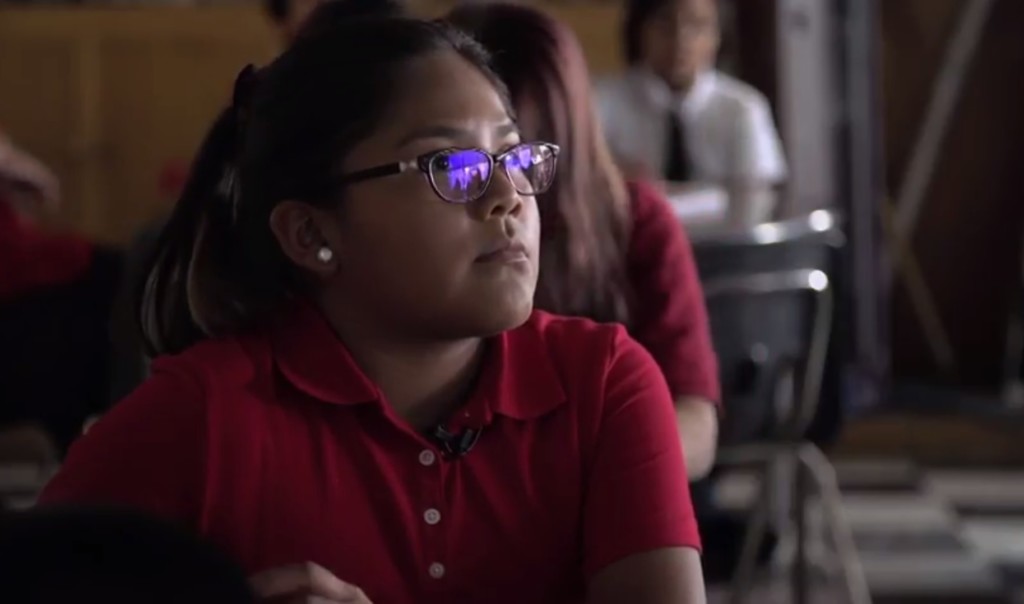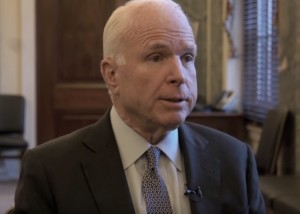
A new short film examines efforts to improve the plight of native students educated by the federal government.
A 1928 report called them "grossly inadequate." Forty years later, Sen. Ted Kennedy called them a "national tragedy." Last year, outgoing U.S. Education Secretary Arne Duncan called them "utterly bankrupt." Those grim assessments of the federal government's efforts to educate Native American children were cataloged last fall by a Politico investigation, as part of a series examining the struggles of obscure federal agencies.
The Bureau of Indian Education runs 184 schools that serve a fraction of the country's more than 640,000 native students. The bureau's schools have some of the worst academic outcomes in the nation, which has prompted federal lawmakers like U.S. Sen. John McCain, R-Ariz., to try to redefine public education on tribal lands.
"When we relegated our Native Americans — our original citizens — to reservations, we made certain promises," McCain says in a short film released this week by the American Federation for Children, a school choice advocacy group. "One of those promises was a quality education. They have not received it."
McCain is sponsoring federal legislation that would make education savings accounts available to more Native American students.
He says it's time to allow "non-traditional efforts" to offer them better educational options. Throughout America's history, educators have launched non-traditional schools to serve marginalized groups, from the children of migrant farm workers to African-Americans living under Jim Crow segregation, who were poorly served by the existing public education system, or excluded from it altogether.
The new mini-documentary, "America's Underdogs," highlights some of those efforts on Arizona's tribal lands. Those include the STAR School, an off-the grid, solar-powered charter school that teaches Navajo culture, and the St. Michael Indian School, a century-old Catholic institution where, according to the film, 99 percent of native students graduate. (more…)

U.S. Sen. John McCain discusses the Native American Education Opportunity Act in a video by the American Federation for Children, a school choice advocacy group.
Parents on Indian reservations would be able to control the funding the federal government spends educating their children, and use it for educational options of their choice, under legislation filed in Congress this week.
The bill, by U.S. Sen. John McCain, R-Ariz., would allow parents to receive 90 percent of the funding that would have otherwise been spent educating their children in schools run by the federal Bureau of Indian Affairs.
The money would be channeled through existing state education savings account programs, allowing parents to pay for private school tuition, textbooks, or other education-related expenses.
In a statement, McCain said the schools the bureau runs for Native American children are costly for taxpayers, but often underperform academically.
"I believe that encouraging private schools to compete with BIE schools can improve K-12 education, even in the most remote parts of Indian Country," he said. (more…)